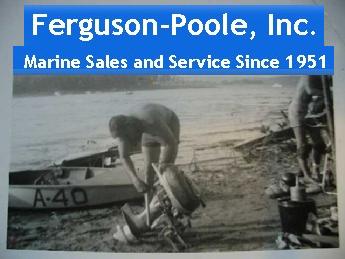|
Welcome,
Guest
|
TOPIC: Compression Readings
Compression Readings 11 years 11 months ago #72843
|
Please Log in or Create an account to join the conversation. |
Re: Compression Readings 11 years 11 months ago #72844
|
|
Please Log in or Create an account to join the conversation. |
Re: Compression Readings 11 years 11 months ago #72861
|
|
Please Log in or Create an account to join the conversation. |
Re: Compression Readings 11 years 10 months ago #72975
|
Please Log in or Create an account to join the conversation. |
Re:Compression Readings 11 years 10 months ago #72993
|
Please Log in or Create an account to join the conversation. |
Re:Compression Readings 11 years 10 months ago #73005
|
Please Log in or Create an account to join the conversation. |
Re:Compression Readings 11 years 10 months ago #73040
|
|
Please Log in or Create an account to join the conversation. |
Moderators: kensikora, classicfins, bruce gerard, billr, mrusson, cc1000, MarkS, Waterwings, jbcurt00
Time to create page: 0.171 seconds
















